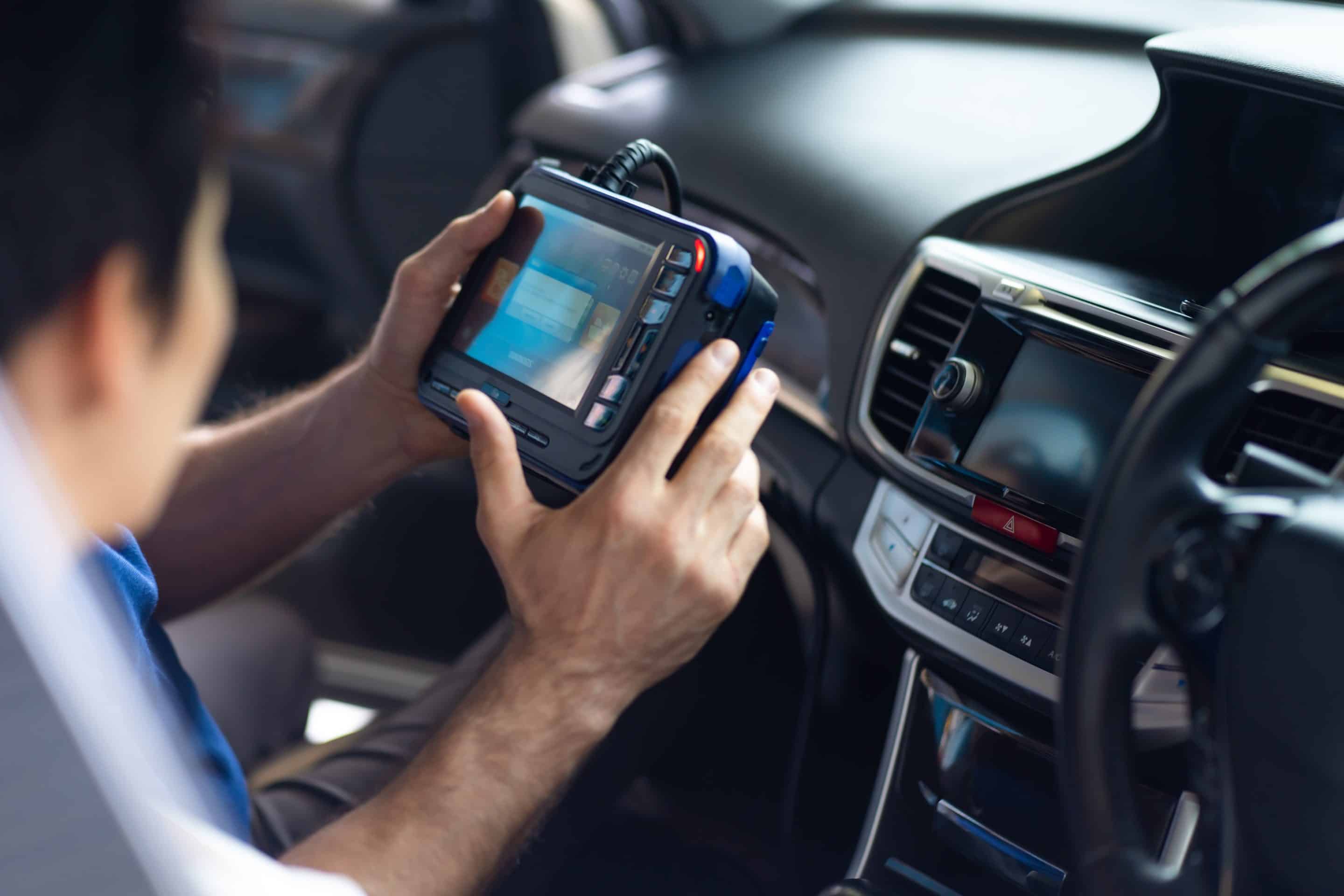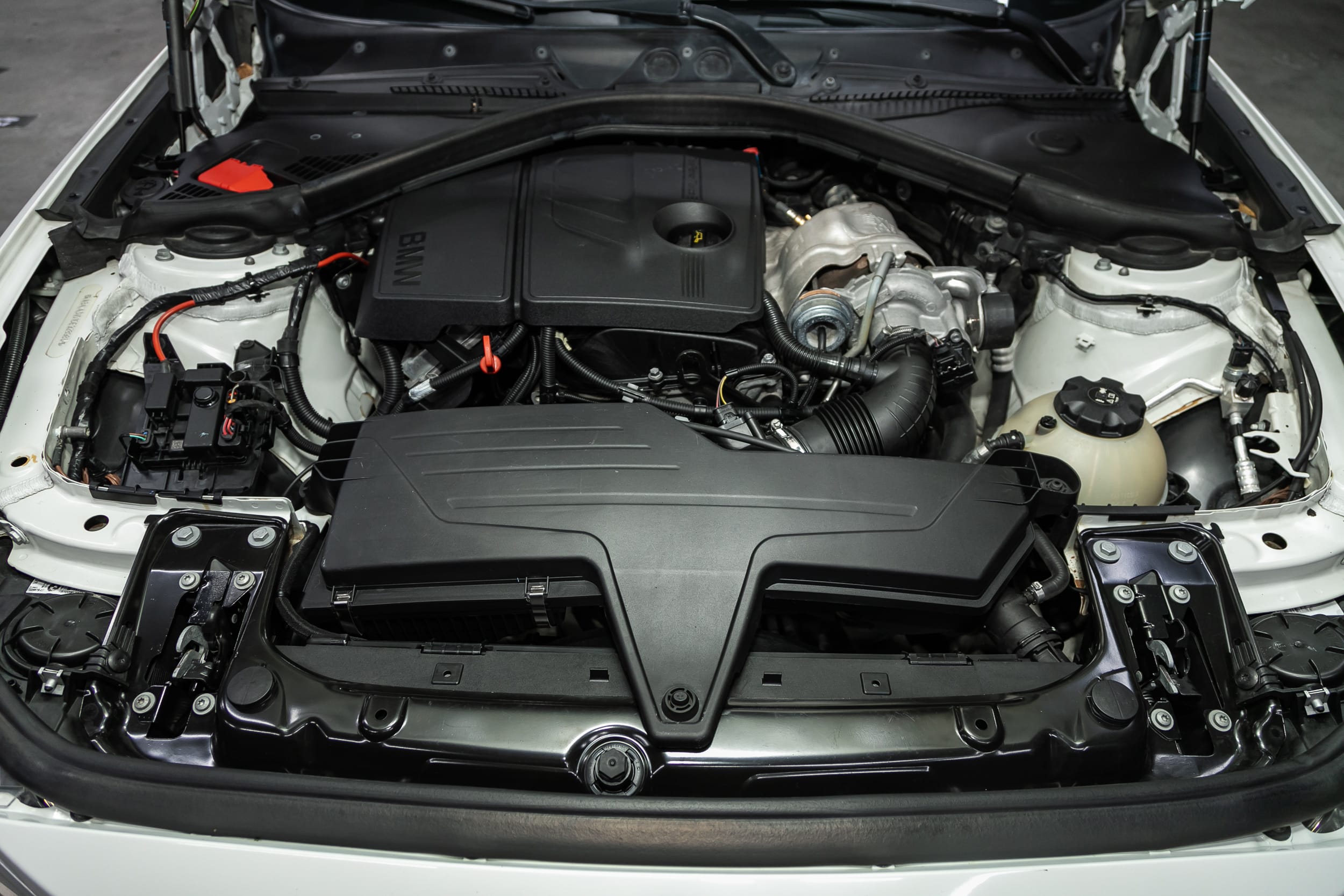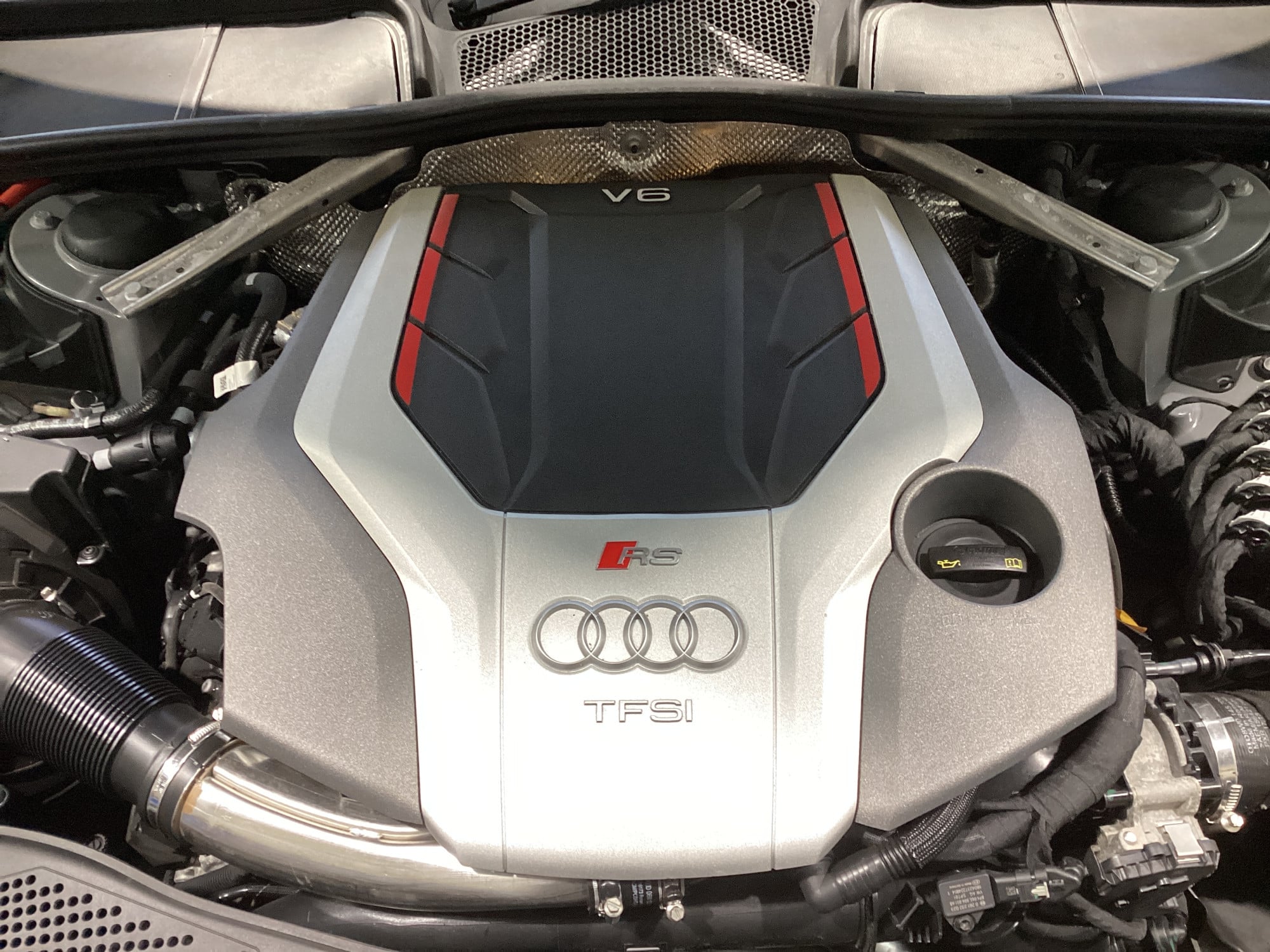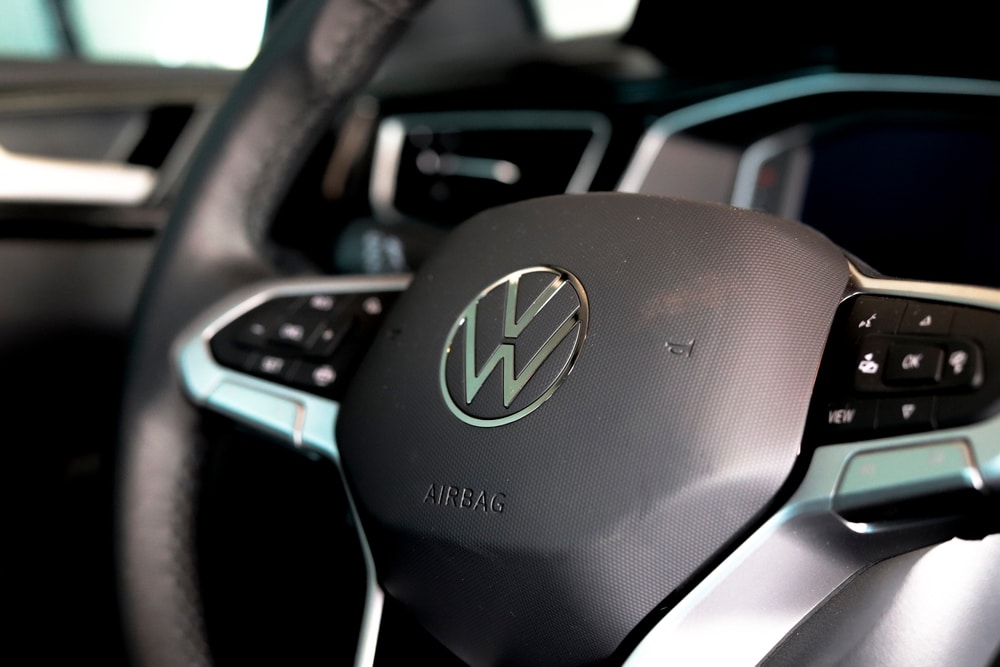You’ve probably heard about car diagnostics tests, but, even though the car diagnostic technology has been around for a while, you’re still not taking advantage, and potentially saving yourself a lot of time and money.
The main reason so many car owners don’t get diagnostics checks is often lack of information, that’s why, in this short article we aim to answer some of those questions, and hopefully get you to book your diagnostic test today.
What is a car diagnostic test?
It’s always best to start at the beginning – so what exactly is a car diagnostic test?
It’s a bit like a blood test…
A car diagnostic test is a bit like a blood test you might get at the hospital, where the doctor can analyze just a sample of your blood to spot problems, before carrying out surgery or giving you medication. With a car diagnostics test however, instead of taking blood, the mechanic takes a reading from diagnostics equipment they’ve plugged into your car’s ECU (Engine Control Unit).
The reading the mechanic gets from the equipment will flash up issues your car might have, allowing the mechanic to accurately pinpoint the problem, before physically dismantling or adjusting components.
What parts does a car diagnostics test check?
Modern car diagnostics equipment will check a vast array of your car’s components, although it’s worth mentioning that diagnostics equipment will usually only lead the mechanic to the area of the issue, and not accurately identify the fault. That’s why car diagnostics checks should only be carried out by trained and experienced mechanics, able to use their knowledge and experience, to accurately assess the issue and act accordingly.
Parts a car diagnostic test will check include:
- The engine management system
- Power-Train Control Module
- Transmission
- Exhaust system
- ABS Brake System
- Airflow
- Ignition
The diagnostic test will also analyse performance issues with fuel injectors, providing the mechanic with detailed information on where the issue may be occurring.
What are the benefits of a car diagnostics test?
There are all sorts of benefits that the car diagnostics test delivers, but the key benefits are:
- You save time – No matter how warm and comfortable the waiting room is at your local garage, it’s no fun being sat there for hours on end whilst a mechanic goes through various checks to find out why your car’s making that noise.
A car diagnostics check however, only takes an average of 30 minutes (this could be longer, depending on the problem), and once the mechanic locates the issue, fixing it won’t involve testing areas where the fault isn’t located, therefore saving you time, and allowing you to get home or back to work on time. - You improve the health of your car – Whether you have a nagging issue or not, getting a regular car diagnostics test helps to keep an eye on the overall health of your car, and make the necessary adjustments before they develop into more serious issues.
- You save money – Having a way to ‘scan’ your car and diagnose issues without the mechanic having to get dirty, is naturally going to save you money in the long run. And who doesn’t like saving money?
How much does a car diagnostics test cost in the UK?
The average cost of a car diagnostics test in the UK in 2022, is around £45 – £50, although this may be less or more expensive depending on the garage, or the area the garage is located.
Contact us
If you’d like to book your car diagnostics test, contact Quality Car Service today. We use some of the industry’s leading diagnostics equipment to accurately diagnose the most common and less common vehicle faults.



